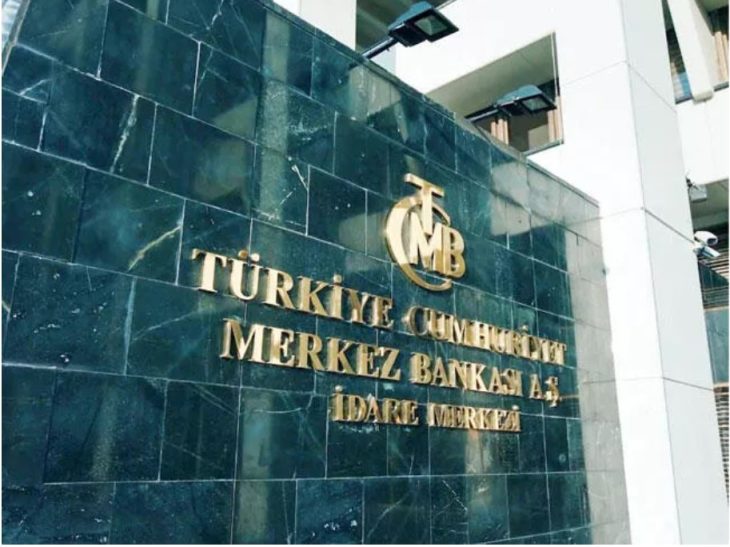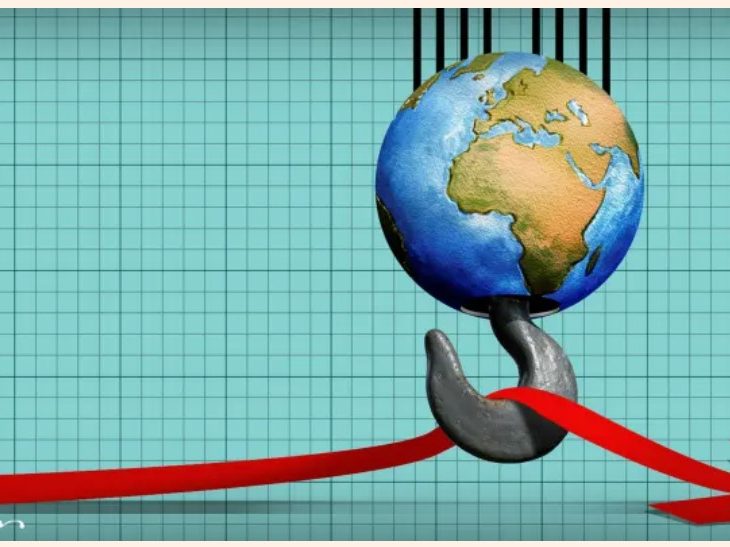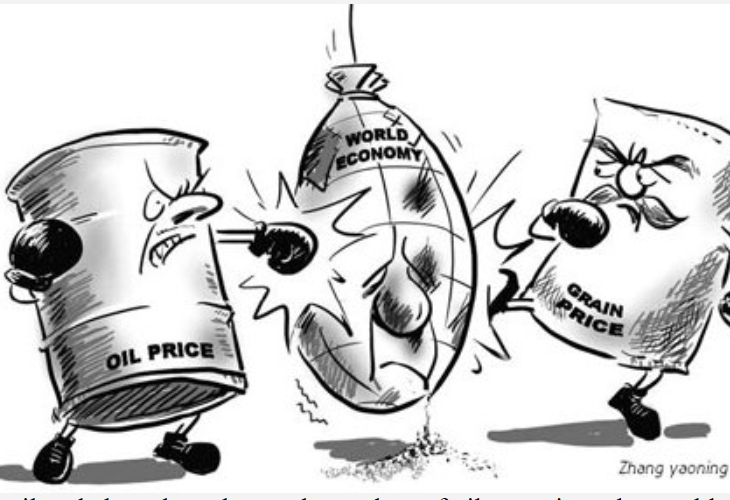Oversized revisions cast doubt on Turkish stats
 shell game
shell game
Turkey’s central bank has revised some of its data compilation methods and definitions, as a result of which the country’s short-term external debt — foreign liabilities with a maturity of up to 12 months — dropped to $164 billion from $189 billion over a month.
The bank justified the revision on the grounds of inconsistencies identified in trade credits data, saying that the revised statistics, released Aug. 19, were the outcome of efforts to improve data quality and compliance with international standards. The new methodology, which relies on direct reporting at company level rather than macro data of foreign trade and bank reporting, “affected export receivables upwards and import payables downwards,” according to a research note by central bank experts.
The bank introduced also a distinction according to maturity between the short- and long-term deposits of nonresidents in Turkey, which were all assumed to be short-term thus far. As a result, long-term deposits — those with maturity of above one year — were excluded from the short-term external debt table. In another revision, foreign funds obtained through repossession are now recorded as loan obligations for banks.
The revisions drastically improved Turkey’s net international investment position, which shows the gap between the country’s total assets and total liabilities, and narrowed the real sector’s foreign-exchange deficit.
According to noted economist Mr Mustafa Sonmez writing for Al-Monitor: “Some critics see the revisions as a “cosmetic makeover” to improve Turkey’s debt outlook amid the precarious state of the central bank’s international reserves. Yet, they argue, the revisions are unlikely to better the short-term debt to reserves ratio as much as Ankara might be hoping, and could instead fuel questions over the credibility of central bank data, just as similar data revisions by the Turkish Statistical Institute did in the past, and shake further the already waning investor confidence in Ankara’s economic management”.
WATCH: Turkish Economy: The Good, the Bad and the Ugly | Real Turkey
Is there any solid reason to question the accuracy of Turkish stats?
A former official has accused the Turkish Statistical Institute (Turkstat) of manipulating inflation data, as reported by columnist Mr Ahmet Takan in his column at opposition daily Korkusuz.
Ahmet Takan, a former official with the office of the Turkish prime minister, accuses Turkstat of manipulating inflation data to keep it below the key rate of interest. He cites documents he has obtained.
“The compiling of inflation prices is now done with tablets, they are sent to the center immediately, but if a high inflation rate in a specific sector is noticed, they immediately call the regional manager and ask for corrections, or if the items have increased too much, they send items with an Excel file and ask for correction.
For example, it can say “Don’t register stationery products’ price increases, enter in September.” The increase that may occur in two months is reduced to a single month. The weight of one element in the material basket can be made greater than another. As a result, price increases are minimized.”
According to Takan, TurkStat has transferred to more junior positions nine top regional officials who refused to manipulate data for inflation in July.
TurkStat has formally denied all of Takan’s accusations.
Why is all this done? Because Turkish President Recep Tayyip Erdogan is determined to reduce interest rates as soon as possible. Erdogan believes, against all accepted economics, that rate hikes are inflationary.
“High interest will bring us high inflation, but low interest will bring low inflation. August is the breaking point, and with August, we will hopefully move to low inflation,” Erdogan told news channel AHaber in an interview on Wednesday. Higher interest rates are recognized as a key tool to battle inflation, according to traditional economic theory.
The proof of the pudding is in the eating. Three national surveys conducted over the last 6 months show that up to 75% of the participants look at Turkstat stats askew. There is also empirical evidence of sorts. Domestic savers are relentless adding to their FX deposits mostly because their experience of CPI is 2 standard deviations higher than the numbers reported by Turkstat.
Follow our English language YouTube videos @ REAL TURKEY: https://www.youtube.com/channel/UCKpFJB4GFiNkhmpVZQ_d9Rg
And content at Twitter: @AtillaEng
Facebook: Real Turkey Channel: https://www.facebook.com/realturkeychannel/
Related articles
Most Read Today mobile
3






